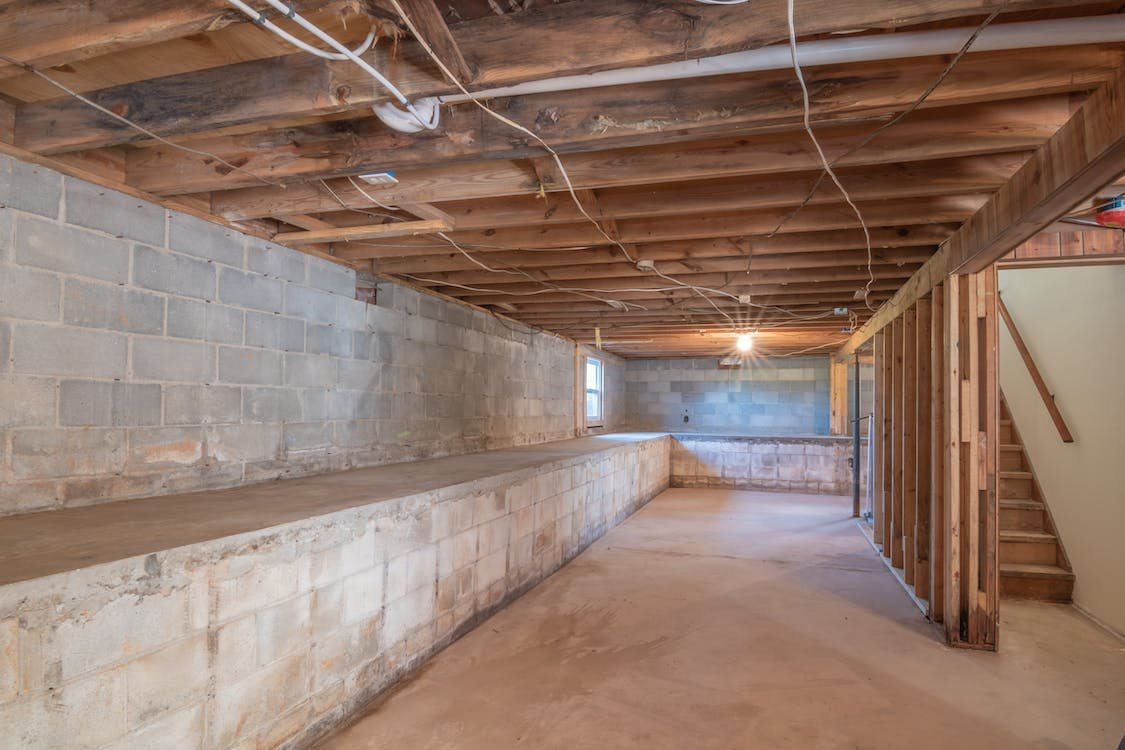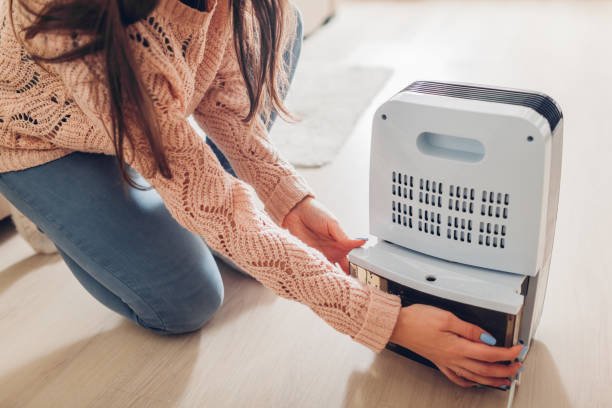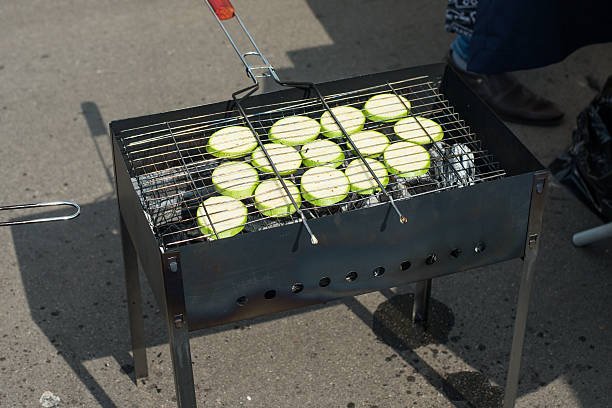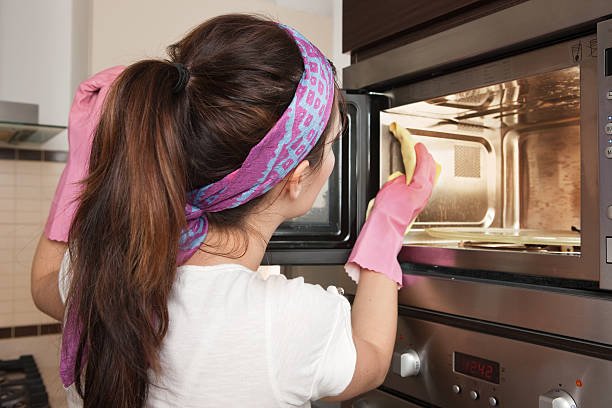
12 Things You Should Never Store in the Basement
The basement is often a convenient space for storage, providing an extra area to keep belongings safe and organized. However, not all items are suitable for basement storage due to potential hazards like moisture, temperature fluctuations, and pests. To safeguard your possessions and maintain their longevity, it’s crucial to be mindful of what you store in the basement. Here are 12 things you should never store in this space:
Important Documents
Basements are susceptible to moisture, which can damage paper and important documents over time. Items like passports, birth certificates, and legal documents are best kept in a secure and dry location on higher floors.
Electronics
Electronic devices are sensitive to moisture, and the cool, damp environment of a basement can lead to corrosion and malfunctions. Store electronics in a climate-controlled area to avoid damage.
Clothing and Fabrics
Mold and mildew thrive in damp conditions, posing a threat to clothing and fabrics stored in basements. Opt for closets or storage areas with proper ventilation to protect your wardrobe.
Wooden Furniture
Wood is highly susceptible to moisture, which can cause warping, rot, and decay. Keep wooden furniture in areas with controlled humidity levels to prevent irreversible damage.
Photographs and Artwork
Irreplaceable items like photographs and artwork are easily damaged by moisture and pests. Store these precious memories in a dry, cool environment away from potential harm.
Food Items
Basements may not be the ideal place for food storage due to fluctuating temperatures and the risk of pests. Preserve the freshness of food by storing it in a designated pantry or kitchen area.
Wine and Liquor
Wine and liquor require a stable environment to age properly. Fluctuating temperatures in basements can negatively impact the quality of these beverages. Consider a dedicated wine cellar or cooler for proper storage.
Musical Instruments
Instruments such as guitars, pianos, and brass instruments can be affected by humidity changes, leading to warping, tuning issues, or rust. Keep your musical instruments in a controlled environment to maintain their integrity.
Sensitive Clothing Items
Delicate fabrics, such as silk or leather, can be damaged by moisture and mold. Avoid storing high-end clothing items in the basement and opt for closets with proper ventilation and climate control.
Holiday Decorations
While it may be tempting to store holiday decorations in the basement, be cautious with delicate items like ornaments and lights that can be damaged by moisture. Use airtight containers and consider alternative storage locations.
Valuables
Items of high monetary or sentimental value, such as jewelry or heirlooms, should be stored in a secure and climate-controlled space on the upper floor to minimize the risk of theft or damage.
Chemicals and Hazardous Materials
Basements are often used to store household chemicals, but it’s important to ensure proper ventilation and containment. Flammable or toxic substances should be stored in designated areas away from living spaces.
In conclusion,
the basement can be a valuable storage space if used wisely. Understanding the limitations of this area and choosing appropriate storage locations for different items can help protect your belongings from potential damage. By avoiding the storage of moisture-sensitive, valuable, or delicate items in the basement, you can ensure their longevity and maintain their condition for years to come. Regular inspections, proper storage containers, and climate control measures will contribute to a safer and more effective use of your basement storage space.




